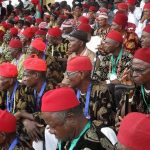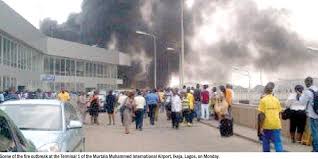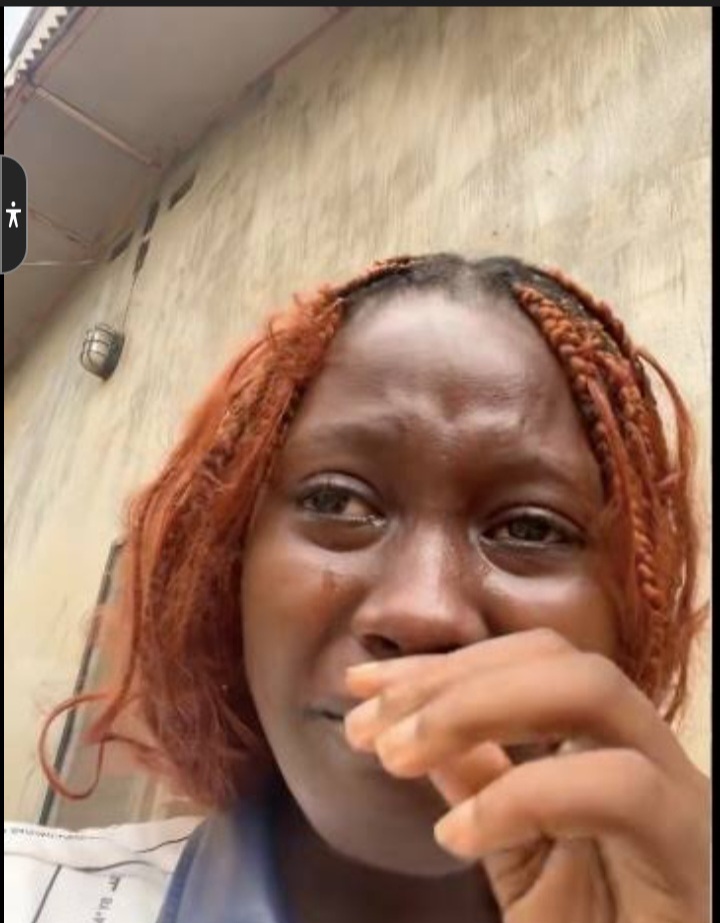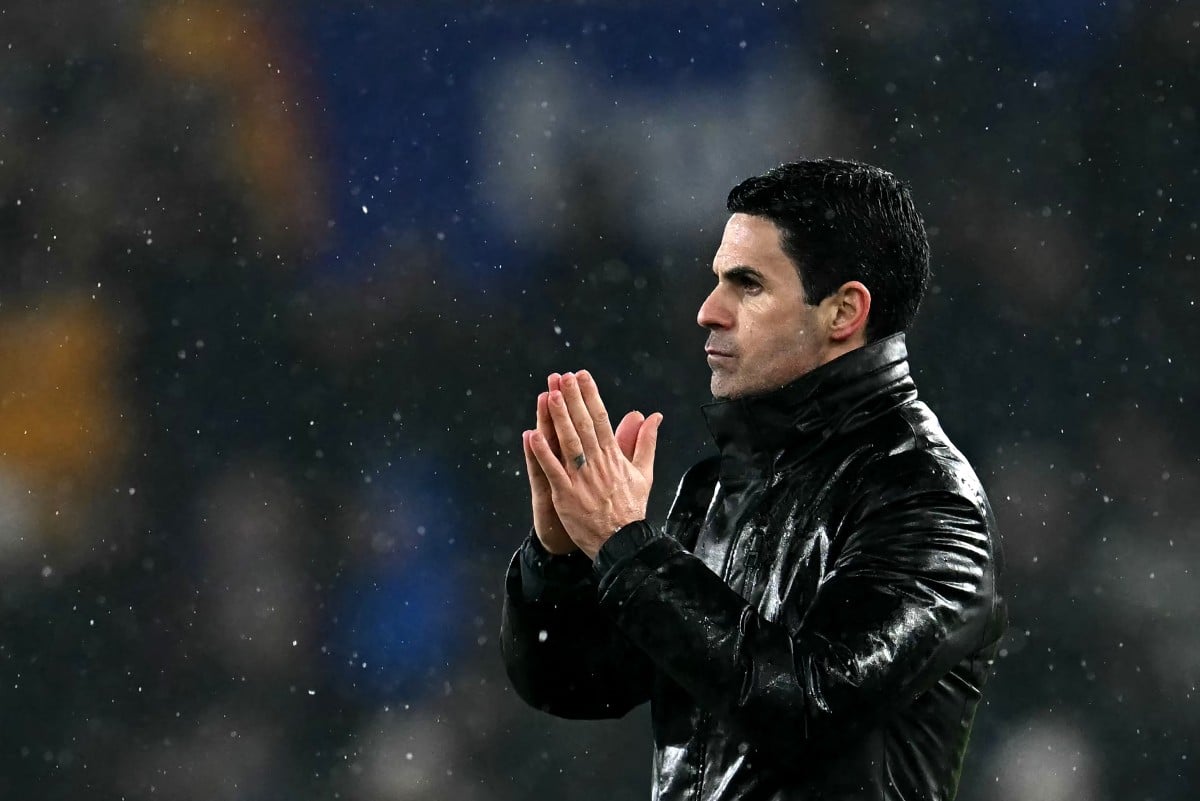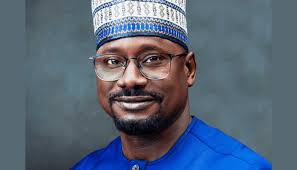Buhari needs committed people to key into anti-corruption vision – Keyamo
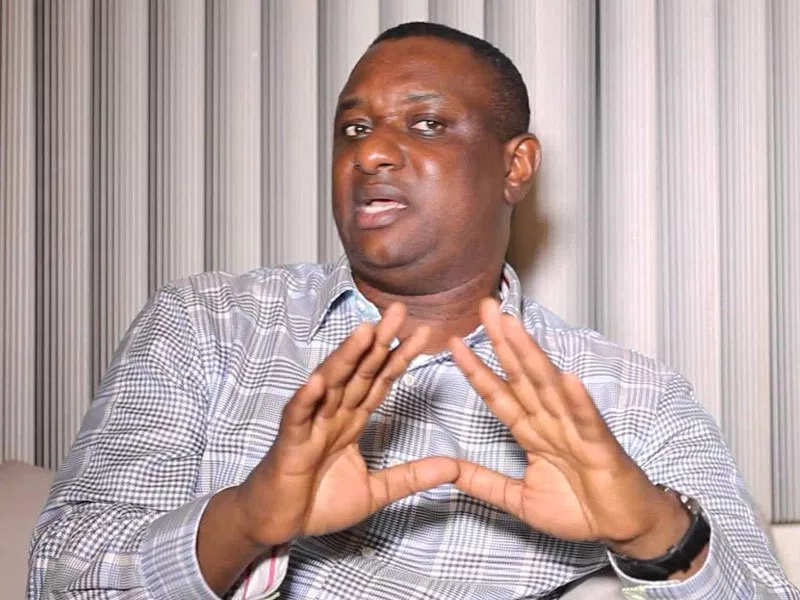
Festus Keyamo, a Senior Advocate in this interview with PETER FOWOYO, speaks on the committee set up by the National Judicial Council (NJC), to monitor looters trial, the fight against corruption, integrity of the legal profession and salient other issues.
Speculation is rife that the inclusion of lawyers in the committee set up by the National Judicial Council (NJC) to monitor looters’ trial may adversely affect its assignment because of vested interests. Do you share this view?
I cannot by my own little judgment and perception passed a verdict on the integrity of these gentlemen.
This is because the comments that I have heard were from two angles. There are some people, non-lawyers and groups that have raised issues concerning the integrity of the lawyers in the committee.
Others have also raised issues relating to the fact that some of these lawyers are counsel to some persons who are facing trial for alleged corrupt practices and as such it would be wrong for them to be monitors in their own cases.
The thinking was that for them to be monitors of courts before which they have cases would confer some advantages on these lawyers.
First and foremost, let me say that I have no capacity to pass any judgement on the integrity of any of these lawyers because I have no evidence on such.
Secondly, I find some merit in the other complaints about a possible clash of interests on the part of some of these lawyers in the committee who are equally appearing in corruption cases.
A lawyer who is appearing before a judge is now giving the mandate to now monitor and report the judge.
It is not proper for this to happen because it will give the lawyer undue advantage over the other lawyer who is appearing for the other party before the same judge.
Except, of course, if these lawyers in their own honour, having been given this assignment, they now decide to drop all of those cases wherein they are defending individuals facing corruption charges, then, the criticisms regarding the conflict of interests might be dampened.
However, if they fail to do that, the arguments about conflict of interests will then have merit. Let me also add that all of these things we are saying are guesses. They are still in the realm of conjectures.
This is because we are yet to see the full mandate of the committee. It has not been spelt in black and white.
I have not seen it. Maybe we are ascribing too much powers and roles to the committee and that is why we are talking about conflict of interests.
What can be done to address the unsatisfactory state of the nation’s justice system so as to help in the fight against corruption?
We got to a very bad state in the fight against corruption some years ago, a very bad state where cases are not just moving at all.
At that point, many of us who are prosecutors and who have an insight into how the system works made three demands.
So far, two of those demands have been met. The last one has not been met. The first demand was that we called for the creation of special courts.
The second demand was that we called for an amendment to all relevant laws in such a way that there will be no stay of proceedings in criminal trials.
In other words, even when someone files an interlocutory appeal in a criminal matter, trial must go on without being impeded.
The third demand that was made is that electronic recorders must be installed in all courts trying corruption cases.
These three suggestions are the best and if implemented to the full, they will fully address the problems associated with the slow pace of the justice system in terms of corruption trial.
Of course, these suggestions will not address the issue of judges’ integrity but at least the issues concerning the slow pace of the justice system will be fully addressed.
Now, the Chief Justice of Nigeria (CJN), Justice Walter Onnoghen, has graciously addressed the issue of special courts.
Not because there is now a legislation creating special courts but it is a directive to all the heads of court to designate some courts within their jurisdictions as courts where only corruption cases will be heard.
The second request has also been addressed by the promulgation of the Administration of Criminal Justice Act (ACJA) 2015.
This was an Act signed into law by former President Goodluck Jonathan but the full implementation fell on the lap of this present regime.
In the Act, it is clearly stated that no interlocutory appeal will act as a stay of proceedings in criminal trials. Having done that, the cases have started moving.
I can assure you that in the next few months or a year, you will see a lot of returns coming out with respect to corruption cases.
However, there is still a problem which has to do with our judges’ still writing with long hands.
It’s so tedious, cumbersome and in most cases prevents judges from making fair and just decisions in matters, because in most cases, they are distracted while writing.
It will help a judge more if he or she does not write but only listen to the witnesses and observe their demeanour while the recorders are recording what they are saying.
In this situation, a judge can take up to three or five witnesses in a day. So, if this third issue of electronic gadgets in our courts can be addressed, we would have fully and finally addressed the issue of delay in our administration of criminal justice system.
Do you see this administration of Muhammadu Buhari as being reactive than proactive in the fight against corruption?
My view of this regime’s fight against corruption is that it’s like a journey to a destination.
We have left where we were in 2015 when this government took over. There are obviously some movements forward, though we have not reached our destination.
Let me tell you where we are in 2015. From an insider’s knowledge, where we were before 2015 was that the Economic and Financial Crimes Commission (EFCC) was almost paralyzed by political interference.
The gentlemen and lady before Magu who headed the EFCC were anxious, willing and passionate about the fight against corruption. But, they were totally hampered by political interference.
Almost everyday there will be a call from the villa asking that action be stayed on investigations. So, the commission was almost paralyzed by political interference.
What has changed since 2015 and all the great efforts of Ibrahim Magu is due to the fact that the gentlemen at the helm of affairs of this country, President Buhari and Vice-President Yemi Osinbajo, are the last human beings on earth to direct any agency to stop investigation on any corrupt act.
They have allowed the commission to work. They have equally allowed Ibrahim Magu to function. This shows that one most crucial factor that will make the fight against corruption effective is the desire and commitment of the president of the country.
Of course, the will of the president is enough to trickle down the ladder in the society so as to make everyone to sit up. But, the president still need committed people who can key into his vision.
That, of course, is what the president is lacking in his government. Whether PDP or APC members in this government, many of them have not key into the vision of the president.
We still have stealing going on in government. I cannot sit down here and tell you that this government is clean and that there is no corruption happening in this government.
Corruption is still going on in this government. This is because we have people who did not buy into the president’s vision.
The difference between the immediate past and the present administration could be seen in how government reacts to cases of corruption.
If you change government in this country about 500 times, you will still find corruption going on 500 times.
So, anyone who is campaigning to say he is going to eradicate corruption is a big liar.
With all the revelations coming out now, it shows that we had a government before that was totally reckless, clueless, lacking passion in corruption fight and in which the number one citizen was perceived to be extremely corrupt.
However, the difference we are seeing now is that there is an apparent government’s determination to recover stolen money.
The only thing that was recovered during Jonathan’s era has to do with Abacha’s loot.
But, no government in the history of this country has been so determined, focused and aggressive when it comes to recovering looted funds like the present administration.
At least, we have heard of humongous figures that were looted from the treasury. Besides, no government has been so determined to trace where looted funds were kept, to the extent of coming up with whistle-blower policy.
By this policy, the entire citizens of the country have been included in the corruption fight. There has been no policy like this in the past.
What is your thought on the handling of Abdul-Rasheed Maina’s saga by the presidency?
On the Maina’s saga, the difference between yesterday and now is that officials of government played some hanky-panky to return somebody who has been declared wanted to office.
Yes, he was not convicted. But, it was bad enough and morally reprehensible that the man was returned to office. Even though he was not convicted, he was declared wanted.
The moment the news came out, it was not up to 24 hours that the president reacted decisively and swiftly by directing Maina’s disengagement and he eventually fled.
He has now being declared wanted. Both PDP and APC also condemned the action. This is an indication that there is now a sense of shame regarding corruption even within government caucus.
This is what we want to see. Let us not forget where we are coming from. We are coming from dark past. We now also saw an opposition today that a convicted ex-governor was recently included in a convention planning committee.
Do you agree with Vice-President Yemi Osinbajo that the integrity and credibility of the legal profession is waning?
I agree entirely with the Vice-President on his assertion and that is why there are concerted efforts now to do some introspection.
Committee has been set up by organs within the law sector to do what is called self-regulation. If we don’t self regulate, we are going to implode.
So, I can assure you that the issue is being addressed. There is already a bill to reform the legal profession and we are all making inputs into it.
The body of Senior Advocates is critically looking at that bill. At our last meeting, we were given assignment to collate views and come back for us to finally make our recommendations regarding the bill.
So, I can assure you that we all saw the anxiety in the Vice-President and we have all decided that we must self regulate.
QUOTE:
“But, the president still needs committed people who can key into his vision. That, of course, is what the president is lacking in his government. Whether PDP or APC members in this government, many of them have not keyed into the vision of the president. We still have stealing going on in government.”



